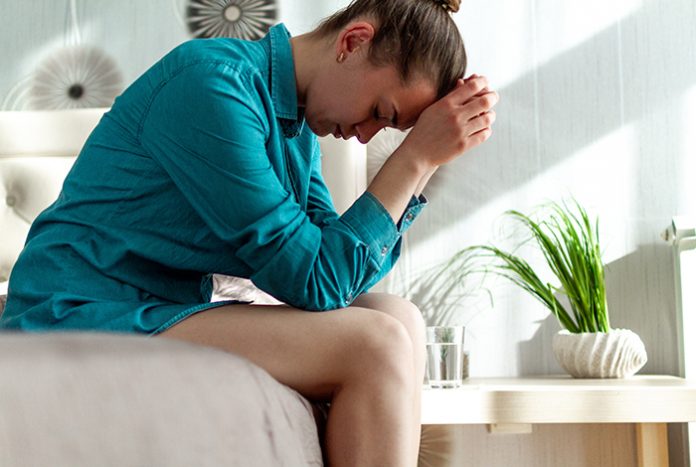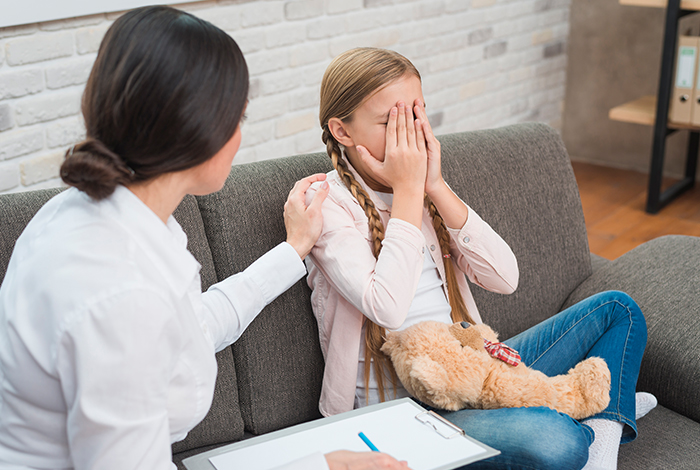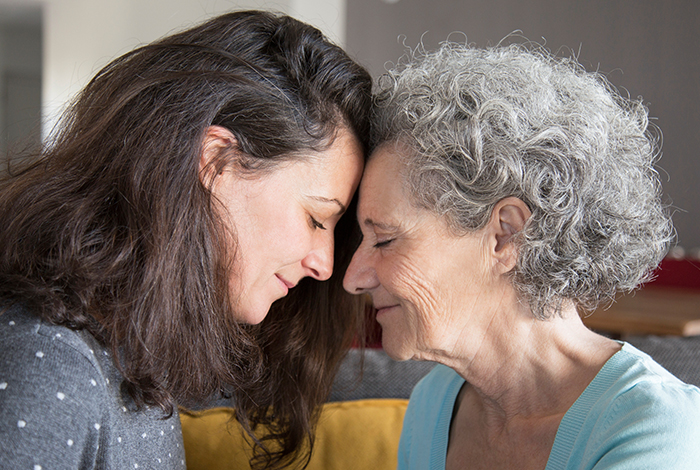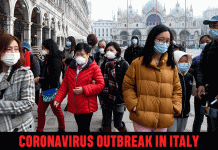
Pandemic and the mental stress
Much more than the COVID-19 virus itself, the terror and horror around the pandemic has been giving sleepless nights to people worldwide. The entire world population is under stressful situations, and being forced to locked inside their houses has only made it better for people as they are not directly affected by the virus.
The situation at hand calls for a dire need of a stress management plan that will help people get over this difficult situation.
Too much stress and hypochondriac behavior can lead to mental discomfort that ultimately leads to
• Neurotic behavior triggered by constant worrying about one’s health and well-being
• Irregular sleep patterns and even Insomnia
• Crippling mental performance
• Relapse towards previous mental disorders
• The elevated use of toxic substances like tobacco, alcohol or drugs
• Deteriorating health condition
Easy for some, though for most: Reaction to a stressful situation can vary in different individuals
Your reaction to a stressful situation depends on some factors, your social background, personal and family health condition, and economic condition are a few of the factors that decide your response towards the stressful situation.
Individuals in the following situation will respond to a stressful situation more aggressively
• Little children, teens, and younger adults
• People who have existing medical conditions and people who have a weaker immune system and are prone to get infected like older people
• Medical professionals who are constantly surrounded by the hosts of the virus
• Individuals who have had a history of addiction and substance abuse.
Care for All: Care for yourself as well as your community
Caring for family and friends while sharing their stress and difficulties can have a significant positive impact on your psyche. Imagine your community as a batch of focus group individuals who are suffering from pain, sadness, and fear. Make sure to help them cope up with their anxiety and stress by listening to their problems. Don’t isolate yourself from the family, spend time with them, and harness everybody’s positive energy to overpower the rising negative powers.
Few tips to help you cope up with this stressful situation
• Suspend noise and chatter
No matter how important it is to stay aware and updated, but being constantly hooked in can take a toll on your mental state, block all the chatter about the virus and take a brief break from news, social media or any other kind of content.
• Keep yourself healthy
o Follow an indoor exercise routine
o Have a balanced diet
o Refrain from any kind of substance abuse
o Practise meditation and yoga
• Find a hobby
Reconnect with your college time passion, indulge yourself in self-improving activities.
• Don’t isolate yourself
Spend time with your family and friends, if not physically then at least virtually.
A guide for parents to help their child during the pandemic

As a parent, you have the responsibility to make sure that your little one does not get any wrong ideas about the future of his life. You should talk to your child and reassure them about the fruitful future, but that does not mean that you will lie to them, you will also have to educate them about all the good habits that will keep them safe and secure.
Also, self-isolation and loneliness can be very pretty stressful for the kids, don’t let your kid feel lonely and helpless, and look for the following changes in attitude if you are not sure about if they are stressed or not.
• Extreme sadness or fear
• Irregular sleep and eating cycles
• Unnecessary anger or agitation
• Frequent headaches or body pain
• A tendency to spend time alone
• Recurring crying episodes
• Confidential use of alcohol, tobacco or drugs
How you can help your child
• Listen to their problems and interact with them
• Provide them reassurance
• Don’t let the self-isolation break your daily routine
• Keep up a healthy and positive home environment
• Tell them facts and answer their queries
Safety guide for older people and people with a medical history
Older adults and individuals with the following medical conditions are at significantly high risk of coronavirus stress and anxiety
• Senior citizens with disorders are more prone to mental conditions like depression
• The effect of physical ailments can get elevated by mental health problems and a person with a medical history should refrain from taking too much stress
• Medical professionals can also fail to detect COVID-19 symptoms in people who are already suffering from other medical conditions. Even the signs of depression and other mental health problems can be unseen due to the presence of other medical conditions.
Reactions to Coronavirus that affect the mental health

• Too much concern or worry can lead to a hypersensitive, paranoid state of mind that can lead to a breakdown or any other mental illness
• Fear of not getting proper medical and healthcare facilities due to lockdown or not being able to find appropriate medical guidance if needed.
• Fear of social isolation stuck inside without a family member or a loved one.
• Regret for not being able to carry out their chores without any assistance.
A six-step guide on how to help your loved ones during the coronavirus
• Stock their essential medicines and keep track: Make sure that your loved one has enough stock of their medicines and help them keep track of their dosage.
• Prepare a first aid kit: If you have an older adult under your supervisions then make sure you have the first kit prepare with all the medical essentials and also a contingency plan in case of thing start going south
• Prepare your kitchen: Make sure to keep the kitchen stocked with easy to prepare, non-perishable food in case of any lockdown emergency.
• Monitor their health: Even if you have a loved one in a hospital then just don’t leave their responsibility on the medical staff and monitoring their health yourself as your love can keep the patient motivated and happy.
• Don’t undermine your own health: While taking care of an old patient, one should not be careless with their own health and well-being.
• Don’t visit if you are ill: COVID-19 is highly contagious and if you feel sick or extra weak then you should not visit your family or the loved one until you are completely alright.
Post quarantine stress management guide

Getting discharged from the quarantine facility does not necessarily mean that an individual can get on with his normal life back again. Weeks of isolation and loneliness can take a toll on the mental state of an individual and things can feel additionally sad or miserable post the quarantine experience.
Here is a list of useful tips for people who are still suffering from COVID-19 or are experiencing post-quarantine stress
• Allow time for your emotions to settle down, don’t try and fight what you are feeling
• Enjoy your off time and have a positive state of mind
• Think of your family, stay motivated and optimistic for your children and your loved ones
• Create a bucket list of all things you will do once you are completely done with the treatment
No matter how many struggles we face, life is an adventure worth staying for. Get rid of your negative thoughts by infusing the optimistic energy of excitement and curiosity in your life. Don’t let the bark scare you before the bite, stay home, spend quality time with your family, embark on a journey of self-improvement and don’t let stress squander away even a millisecond of your exciting, and happy life.







